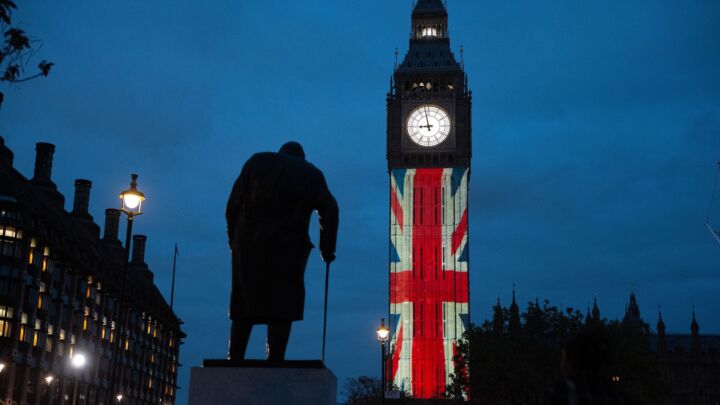Against the caring state

Want to read spiked ad-free? Become a spiked supporter.
Having long concerned itself with the happiness and wellbeing of the public, the political class now seems to have moved on to loneliness. Loneliness is undoubtedly a real, debilitating and isolating experience, and something that many people go through at some point in their lives. Questions should be asked, however, about why it is now being promoted as a major social issue, and whether the policy solutions that are likely to be advocated will bring positive changes to people’s lives.
More and more attention has been paid to this issue over recent months. At the end of last year, a report produced by the British Red Cross and the Co-op claimed that almost a fifth of people in the UK are lonely ‘always or often’. This has now led to the establishment of a Commission on Loneliness. Initially planned by the murdered MP Jo Cox, it was launched last month in her honour by MPs Rachel Reeves and Seema Kennedy, who describe loneliness as a ‘silent epidemic’.
It used to be the case that those who considered themselves progressives believed that the best way to help individuals lead fulfilling, rewarding and enjoyable lives was to change fundamentally the economy and society. But the left seems to have given up on this ambitious project. It is now diminished, and disconnected from the people it once sought to liberate. In place of a broader mission, so-called progressives have become obsessed with the technocratic micromanagement of people’s daily lives, an agenda which is often hostile to the interests of ordinary people.
Campaigns on issues such as loneliness are helpful for politicians, in this context. They give them an opportunity to reconnect with people, to present themselves not as distant bureaucratic meddlers, but as ‘carers’. It gives them a new sense of purpose. They may not have a substantial plan to deal with the decline of traditional industries and social institutions – which enabled people in the past to self-organise and support one another – but at least, in the words of the badges the new commission’s supporters were handing out on the Tube recently, they are ‘happy to chat’.
What’s more, in an era where reductions to welfare have been broadly supported by the public, emphasising mental-health and wellbeing issues is a way in which welfarists try to fight back. Proposals to cut state spending are resisted through the argument that there are new, damaging health or social issues that need to be combated. All kinds of state institutions and services can be rehabilitated on the basis that they will help end social isolation and boost people’s wellbeing. A claimed ‘epidemic’ of loneliness is used to demand more welfare services, not less. In this respect, the debate over state resources is depoliticised – framed as a battle between the caring and the callous.
All of this will almost certainly inform the final recommendations of the commission when it reports in a year’s time. No doubt it will call for increased welfare services and moralistic campaigns to make people talk more to each other, in line with David Cameron’s much-derided Big Society. Loneliness is a complex issue that is difficult to address. Rather than trying to find new ways for the state to help us manage our emotions, progressives would be better served working out how best to allow people the space to be free, independent and therefore more capable of supporting both themselves and those around them.
Steve Bremner is a teacher and writer in north London.
Who funds spiked? You do
We are funded by you. And in this era of cancel culture and advertiser boycotts, we rely on your donations more than ever. Seventy per cent of our revenue comes from our readers’ donations – the vast majority giving just £5 per month. If you make a regular donation – of £5 a month or £50 a year – you can become a and enjoy:
–Ad-free reading
–Exclusive events
–Access to our comments section
It’s the best way to keep spiked going – and growing. Thank you!






Comments
Want to join the conversation?
Only spiked supporters and patrons, who donate regularly to us, can comment on our articles.